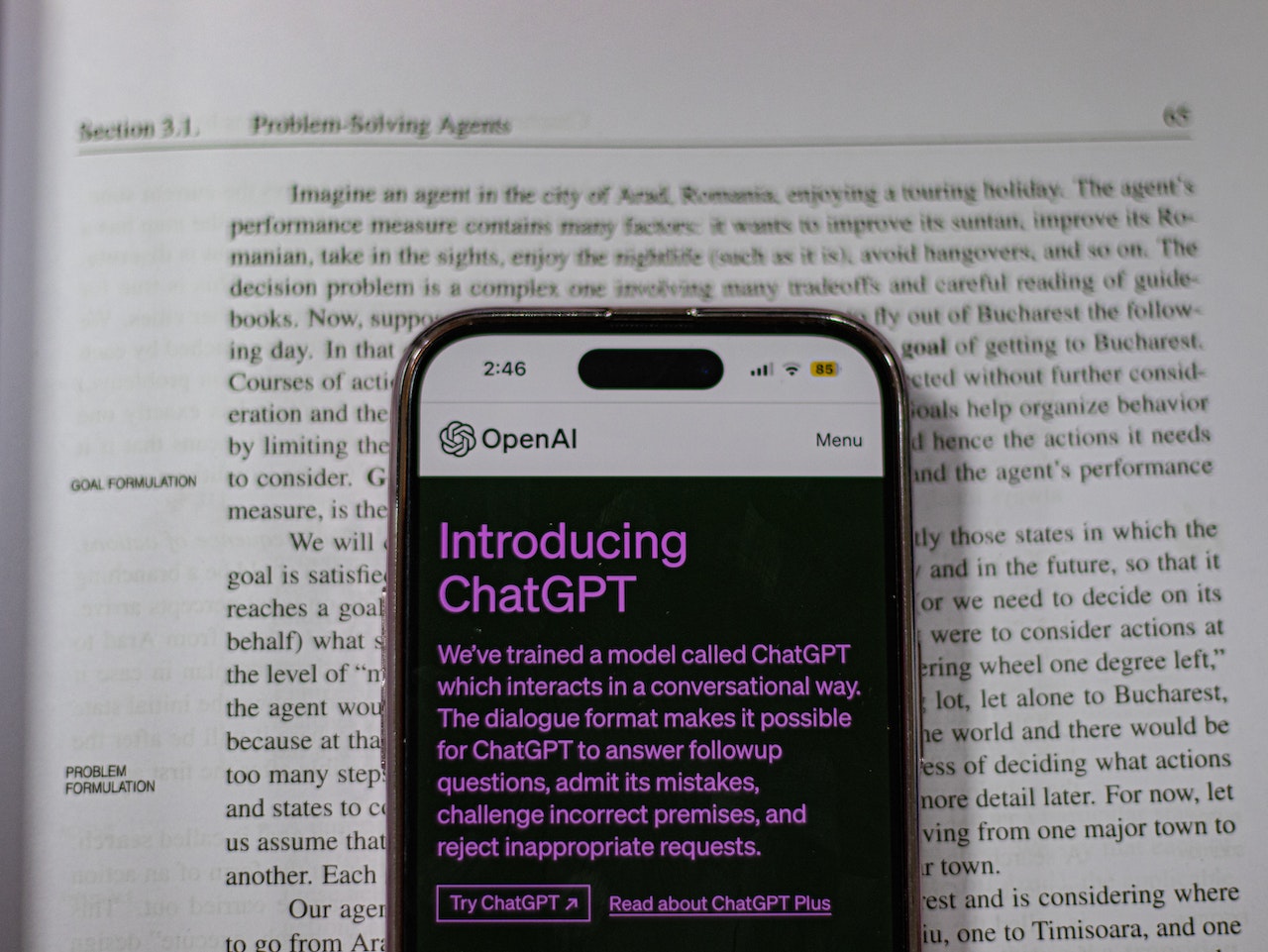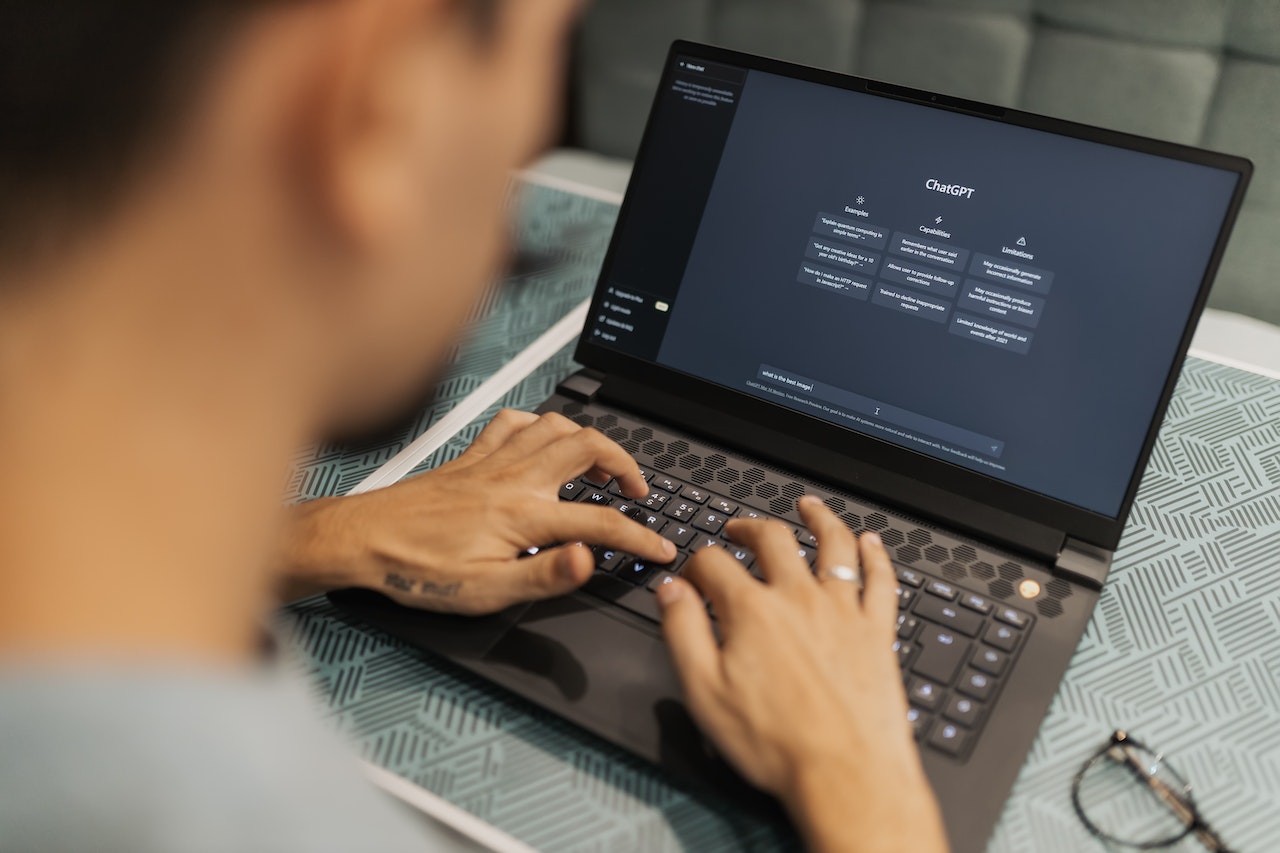In today’s fast-paced world, managing personal finances has become a crucial skill for individuals to achieve financial stability and independence. Budgeting is an essential tool that can help individuals take control of their finances and make informed decisions about their money. In this article, we will provide you with a step-by-step guide to mastering personal finance budgeting. From setting financial goals to tracking expenses and making adjustments, we will cover all the necessary aspects to help you create a solid budget that works for you.
1. Understanding the Importance of Budgeting
Before diving into the details, it’s essential to understand why budgeting is crucial for personal finance management. A budget allows you to plan and allocate your income effectively, ensuring that you have enough money for your needs, wants, and savings. It helps you track your spending patterns, identify areas where you can cut back, and make financial decisions based on your priorities and goals.
2. Setting Financial Goals
To create an effective budget, you need to start by setting clear financial goals. Determine what you want to achieve in the short term and long term. Whether it’s saving for a down payment on a house, paying off student loans, or building an emergency fund, having specific goals will give your budget a sense of purpose and direction.
3. Assessing Income and Expenses
Next, you need to assess your income and expenses. Calculate your monthly income from all sources, including salaries, freelance work, or investment returns. Then, track your expenses over a few months to get a clear picture of where your money is going. Analyze your spending habits and identify areas where you can potentially reduce or eliminate unnecessary expenses.
4. Categorizing Expenses
To make your budget more organized and manageable, categorize your expenses. Common categories include housing, transportation, groceries, utilities, entertainment, and debt payments. By assigning each expense to a specific category, you can easily track and analyze your spending patterns.
5. Creating a Budget Plan
Once you have a clear understanding of your income and expenses, it’s time to create a budget plan. Start by allocating a certain percentage of your income to each expense category. Remember to prioritize essential expenses and savings before allocating funds to discretionary expenses. Aim to strike a balance between enjoying your money today and planning for the future.
6. Implementing and Tracking the Budget
After creating your budget plan, it’s crucial to implement it consistently. Track your expenses regularly and compare them to your budgeted amounts. Several budgeting apps and tools are available to simplify this process. Stay disciplined and make adjustments as needed to stay within your budgeted limits.
7. Making Adjustments and Reevaluating
Budgeting is an ongoing process that requires regular adjustments and reevaluation. Life circumstances and financial goals may change, requiring you to modify your budget accordingly. Stay flexible and adapt your budget to accommodate new priorities or unexpected expenses.
8. Saving and Investing
Budgeting is not just about managing expenses; it also involves saving and investing for the future. Allocate a portion of your income to savings and explore different investment options to make your money work for you. Consider opening a retirement account or investing in low-cost index funds to build long-term wealth.
9. Building an Emergency Fund
An emergency fund is a crucial component of any budget. Set aside a portion of your income each month to build an emergency fund that can cover unexpected expenses or financial setbacks. Aim to save at least three to six months’ worth of living expenses in your emergency fund for added security.
10. Paying off Debt
If you have outstanding debt, prioritize paying it off as part of your budget plan. High-interest debt, such as credit card debt, can accumulate quickly and hinder your financial progress. Allocate extra funds towards debt repayment to reduce interest charges and become debt-free sooner.
11. Avoiding Impulse Buying
Impulse buying can derail even the most well-planned budget. Practice self-discipline and avoid making spontaneous purchases. Instead, give yourself time to evaluate whether a purchase aligns with your financial goals and budget. Consider waiting 24 hours before making non-essential purchases to avoid buyer’s remorse.
12. Monitoring and Reviewing Progress
Regularly monitor and review your budget to assess your progress towards your financial goals. Analyze your spending habits, identify areas for improvement, and celebrate milestones along the way. Stay motivated by visualizing the positive impact of your budgeting efforts on your financial well-being.
13. Seeking Professional Help
If you find budgeting challenging or have complex financial situations, don’t hesitate to seek professional help. Financial advisors or certified financial planners can provide guidance and tailor a budgeting strategy to your specific needs. They can also assist with long-term financial planning, retirement savings, and investment advice.
14. Dealing with Unexpected Expenses
No matter how well you plan, unexpected expenses can arise. It’s essential to have a contingency plan in your budget to handle these situations. Consider setting up a separate fund or adjusting your budget temporarily to accommodate unforeseen costs without derailing your overall financial plan.
15. Staying Committed to Your Budget
Lastly, to master personal finance budgeting, you need to stay committed to your budget over the long term. It’s easy to get discouraged or tempted to deviate from your budget. However, remind yourself of your financial goals and the positive impact budgeting can have on your life. Stay focused, make adjustments when necessary, and keep working towards financial freedom.
Conclusion
Mastering personal finance budgeting is a powerful tool that can help you take control of your financial future. By setting clear goals, tracking income and expenses, creating a budget plan, and making adjustments along the way, you can achieve financial stability and make informed financial decisions. Remember, budgeting is a lifelong skill that requires commitment and flexibility. Start today, and reap the rewards of financial freedom tomorrow.
FAQs
1. How often should I review my budget?
It’s recommended to review your budget at least once a month. However, you may need to review it more frequently if you experience significant changes in your income, expenses, or financial goals.
2. What should I do if I overspend in a particular category?
If you overspend in a specific category, analyze the reasons behind it and adjust your budget accordingly. Consider cutting back on other discretionary expenses to compensate for the overspending.
3. Can I make changes to my budget during the month?
Yes, you can make changes to your budget during the month if necessary. Flexibility is essential in budgeting, as unexpected expenses or changes in circumstances may require adjustments to your spending plan.
4. How can I stay motivated to stick to my budget?
Stay motivated by regularly reviewing your progress, celebrating milestones, and visualizing the long-term benefits of budgeting. Surround yourself with positive financial resources and seek support from friends or family members who share your financial goals.
5. Is it possible to budget with irregular income?
Yes, budgeting with irregular income can be challenging but not impossible. Start by creating a budget based on your average monthly income and adjust it as you receive variable income. Consider building a buffer or emergency fund to cover lean months and prioritize essential expenses.





